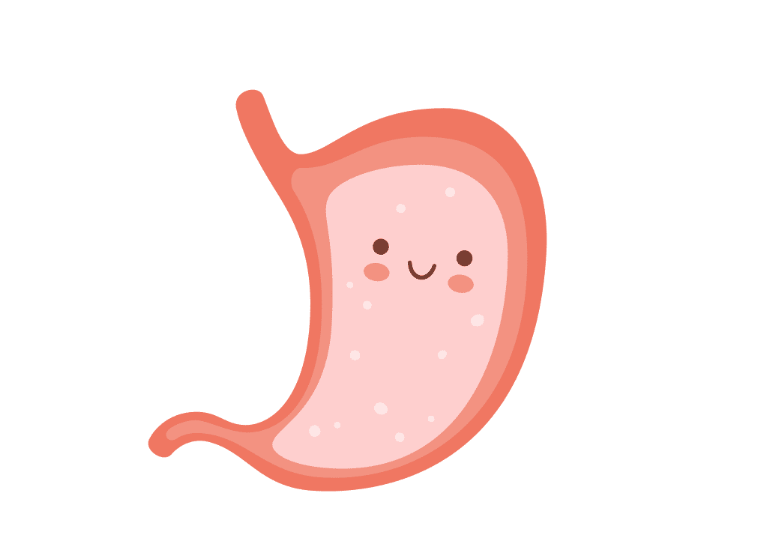
Fire crystal persimmon, chocolate crisp persimmon, flow heart ice persimmon... Since a large number of persimmon on the market, because of its sweet and delicious taste, as well as high nutritional value, attracted a lot of food favor. But experts remind that although persimmon taste good, but can not "greedy", this time of year emergency can encounter some patients with intestinal obstruction, they have a common history, is persimmon eat too much.
Why eat a few more persimmon will form a "stone" in the body?
Persimmon contains more tannic acid and pectin, which will form a sticky glue after contact with stomach acid in the stomach, and then coagple with other food residues, and accumulate to form "persimmon stone".
If these clumps cannot be discharged from the stomach to the intestine, they will remain in the stomach and form "stomach perospyrosis". Constant friction in the stomach can cause "stomach pain" symptoms such as gastritis and gastric ulcer.
If "persimmon stone" enters the intestine and cannot be discharged smoothly, it may lead to intestinal obstruction, and the symptoms of patients are severe pain in the upper abdomen, abdominal distension, vomiting, hematemesis, anal exhaust, defecation, etc.
Severe cases, if not timely treatment, will lead to intestinal necrosis, and even cause diffuse peritonitis and life-threatening.
What to do if you find a "stone" in your body?
The "persimmon stone" in the stomach can be dissolved by oral administration of sodium bicarbonate or carbonated beverages such as cola, or stone removal can be attempted through a gastroscope.
However, large, hard "fecalith" in the intestines often causes intestinal obstruction, which can only be resolved with surgical treatment.
How to eat persimmon properly
In the face of sweet and delicious persimmon is difficult to resist, but worry about causing intestinal obstruction, when eating need to pay attention to what?
-
Do not eat persimmon on an empty stomach, eating persimmon on an empty stomach will cause a lot of stomach acid, more likely to cause stones, so should try to eat after meals;
-
Due to the decline of digestive function, the gastrointestinal peristalsis is slow in the elderly, and once a large number of persimmon is eaten, it is more difficult to digest;
-
Do not eat persimmon before and after with acidic fruits, such as oranges, kiwi fruit;
-
It is not appropriate to eat eggs, milk, seafood, etc. containing high protein within one hour after eating persimmon.
These foods are easy to cause "fecalith", do not overdose
In fact, in daily life, in addition to persimmon, there are many foods that are easy to cause "faecal stone", such as the seeds of guava are generally swallowed, but it is easy to assemble by itself, and it is not easy to be digested; Bamboo shoots contain a lot of cellulose, the human body is not like herbivores, the body lacks the enzyme to digest the cellulose, so it will cause bamboo shoots into the stomach because it is difficult to digest and gather into copropolis; The tannic acid contained in raw hawthorn is easily combined with gastric acid to form gastrolithiasis, which is difficult to digest.
Experts remind that patients with habitual constipation, long-term indigestion, elderly people, sedentary office people, and patients with poor gastrointestinal function should avoid too much food that is easy to form fecalith. At the same time, drink more water to prevent constipation.
Rubbing the stomach one hour after a meal helps the intestinal peristalsis and prevents stool accumulation. If constipation exists, especially for the elderly, attention should be paid to it.
Constipation should not be forced to rely on their own to relieve constipation, should go to the hospital in time, through drug treatment, or combined with diet, behavioral therapy, etc., to comprehensive treatment of constipation, to avoid the formation of fecalith, resulting in fecalith intestinal obstruction.

